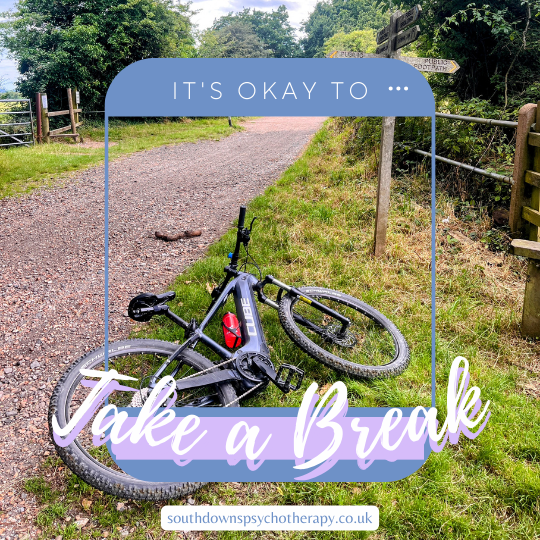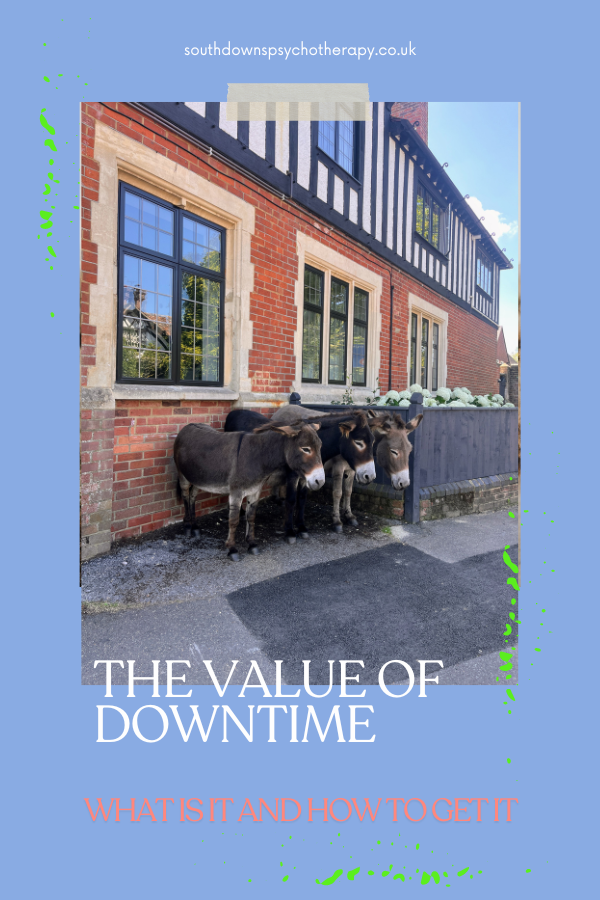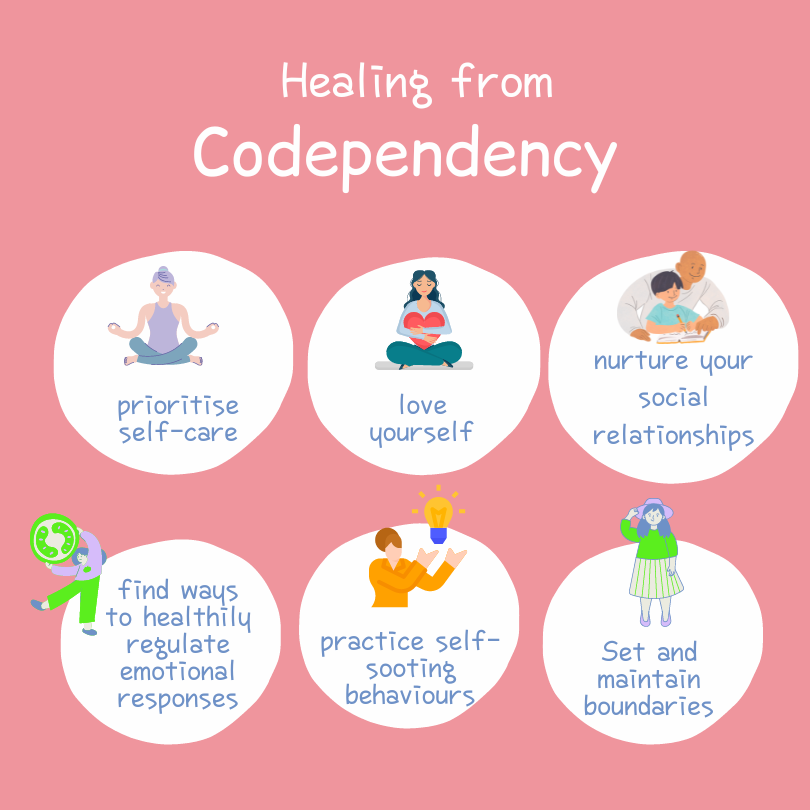In our fast-paced world, where productivity and constant connectivity are often celebrated, the concept of downtime can feel counterintuitive or even indulgent. However, taking time to rest and recharge is not only beneficial but essential for our mental, emotional, and physical well-being. In my practice I often encounter clients who struggle with the notion of slowing down, fearing they might fall behind or miss out. Yet, the value of downtime cannot be overstated.
Having come to the end of another academic year, downtime in the summer holidays as a parent is an intriguing concept at best. How is it possible to incorporate downtime during those weeks when we feel like we have even more to do with children also around? Routines are up-ended in the summer holidays, children are doing different things at different times and the work-downtime balance is really thrown. Then, just as we think we’ve succeeded in juggling the work-downtime balancing act, they go back to school and we’re thrown into something different again.
Having recently spent a few nights alone in the beauty of the New Forest surrounded by free-roaming ponies, donkeys and cows, I am speaking from a place of just reconnecting with my own downtime. I really do believe there is so much to gain from scheduling in that bit of ‘me time’ on a regular basis.
So how can we recharge our batteries, reconnect with ourselves, and appreciate that in these modern times, we lead busier lives than ever?
The Importance of Recharging
Mental Health Benefits
Downtime allows our minds to rest. Just as our bodies need sleep to function optimally, our brains require periods of rest to process information, consolidate memories, and rejuvenate. Chronic stress and continuous engagement can lead to burnout, anxiety, and depression. By scheduling regular breaks and downtime, we give our brains a chance to recover and maintain mental health.
Emotional Balance
Constant busyness can prevent us from addressing our emotional needs. Downtime provides an opportunity to process feelings and experiences that may have been pushed aside during hectic periods. It can help us gain perspective, understand our emotions better, and foster emotional resilience.
Physical Health
Our bodies benefit significantly from downtime. Chronic stress can lead to various health issues, including high blood pressure, heart disease, and weakened immune function. Taking time to rest and relax helps reduce stress levels, promotes better sleep, and supports overall physical health.

Reconnecting with Ourselves
Self-Reflection
Downtime offers a unique opportunity for self-reflection. When we step away from our busy schedules, we can take a closer look at our thoughts, feelings, and behaviours. This self-awareness is crucial for personal growth and can lead to positive changes in our lives.
Rediscovering Passions
In the hustle and bustle of daily life, it’s easy to lose touch with activities and hobbies that bring us joy. Downtime allows us to reconnect with these passions, whether it’s reading, painting, gardening, or simply spending time in nature. Engaging in activities we love can boost our mood and provide a sense of fulfillment.
Strengthening Relationships
Quality time with loved ones often takes a backseat when we’re constantly on the go. Downtime provides an opportunity to nurture our relationships, whether it’s having a meaningful conversation with a friend, enjoying a family dinner, or simply being present with our partner. Strong relationships are a cornerstone of emotional well-being.
Appreciating Our Busy Lives
Perspective and Gratitude
Taking a break from our routines can help us gain a fresh perspective on our lives. It allows us to step back and appreciate the efforts we put into our work, relationships, and personal growth. This sense of gratitude can enhance our overall happiness and satisfaction.
Enhancing Productivity
Ironically, taking regular breaks can make us more productive. When we allow ourselves to rest and recharge, we return to our tasks with renewed energy and focus. This can lead to higher quality work and more efficient use of time.
Preventing Burnout
Burnout is a state of physical, emotional, and mental exhaustion caused by prolonged stress. It can lead to decreased productivity, feelings of detachment, and even serious health issues. By incorporating downtime into our lives, we can do better at avoiding burnout and maintain a healthier balance between work and rest.
Practical Tips for Incorporating Downtime
Schedule Regular Breaks
Set aside specific times in your day for short breaks. Whether it’s a 10-minute walk, a coffee break, or a quick meditation session, these moments of rest can make a significant difference.
Unplug from Technology
Take regular breaks from screens and digital devices. Engage in activities that don’t involve technology, such as reading a book, taking a walk, or practicing mindfulness.
Prioritise Sleep
Ensure you get enough sleep each night. Good quality sleep is essential for mental and physical health, and it significantly contributes to our ability to recharge and function optimally. If you need any inspiration at all, read Why We Sleep by Matthew Walker. I learned so much from this book about the importance of sleep so it is a solid recommendation!
Practice Mindfulness and Relaxation Techniques
Incorporate mindfulness practices, such as meditation, deep breathing exercises, or yoga, into your routine. These techniques can help reduce stress and promote relaxation.
Engage in Physical Activity
Regular physical activity is a great way to recharge and reduce stress. Find an exercise routine that you enjoy. Do you enjoy a walk or perhaps a bit of swimming? Maybe it’s a regular boogie in the kitchen (don’t knock the kitchen disco) or maybe football or tennis is your thing.
Spend Time in Nature
Nature has a calming effect on our minds and bodies. Spend time outdoors, whether it’s a walk in the park, a hike in the woods, or simply sitting in your garden. Nature can help us feel more grounded and connected. Go camping in a place with bad reception. After the initial couple of minutes mild panic about how you could possibly live without being constantly ‘connected’, you’ll be amazed at what a relief it actually is….
So what next?
The value of downtime is immense. It allows us to recharge our batteries, reconnect with ourselves, and appreciate the busy lives we lead. By prioritising rest and relaxation, we can maintain better mental, emotional, and physical health. As we navigate our hectic world, let’s remember the importance of slowing down and giving ourselves the gift of downtime. If you want to avoid burnout, reconnect with those forgotten but valued parts of your self and increase self-awareness you can also get in touch to find out more about therapy sessions.



